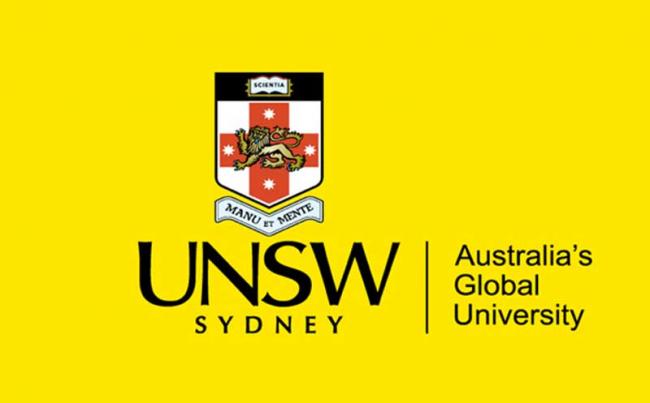
New method to detect early cancer using malaria protein from UNSW, Sydney
Sydney, Aug 29 (IBNS): Researchers have come up with a new method to detect cancer in its early stages by way of a malaria protein that sticks to cancer tumour cells in the blood.
Researchers from UNSW Sydney and the University of Copenhagen said the method can be used as a more effective way to screen for cancer.
UNSW Professor Chris Heeschen said the hope is that this method, in which malaria protein VAR2CSA sticks to cancer cells, can be used as a more effective way to screen for cancer in the near future.
“We have developed a method where we take a blood sample and with great sensitivity and specificity, we’re able to retrieve the individual cancer cells from the blood,” UNSW Professor Chris Heeschen said.
“We catch the cancer cells in greater numbers than existing methods, which offers the opportunity to detect cancer earlier and thus improve outcome for patients.”
According to the research, the new method can be used more broadly to diagnose cancer as it is not limited by cancer type. It also means all that is needed for a cancer diagnosis is a blood sample.
Each year, cancer kills approximately nine million people worldwide, and early diagnosis is crucial to efficient treatment and survival.
Professor Heeschen said the new technique could be available in the market within two years if a biodiagnostic company were to take it on.
Previous methods to detect cancer in blood relied on detecting a particular marker found on the surface of tumour cells. However, not all tumour cells display this marker, which renders these methods unable to detect tumour cells spread to other organs such as the liver, lungs and bones.
The method based on the malaria protein does not discriminate between cancer types, and can detect all carcinoma cancers, accounting for 95 per cent of cancers detected in humans.
During the development of the new method, the researchers took 10 cancer cells and added them to five millilitres of blood containing millions of red and white blood cells. Magnetic beads coated with the malaria protein were then added to the samples.
The beads stick to the cancer cells only and can then be retrieved with a robotic machine that uses a strong magnet. This way, they were able to retrieve nine out of the 10 cancer cells which had adhered to malaria protein.
Professor Heeschen said this was a definitive result.
Our method has enabled us to detect cancer at any stages – one, two, three and four,” Professor Heeschen said.
“Based on the number and character of circulating tumour cells we find in someone’s blood, we’ll be able to determine whether it’s a relatively aggressive cancer or not so can then adjust the treatment accordingly.”
The latest research follows on from work done by researchers led by University of Copenhagen’s Professor Ali Salanti, who discovered in 2015 a new method of treating cancer with the protein VAR2CSA produced by malaria parasites.
The findings of Professor Heeschen and his team were published recently in Nature Communications as “The VAR2CSA malaria protein efficiently retrieves circulating tumor cells in an EpCAM-independent manner”.
UNSW, Australia’s global university ranked among the top 50 Universities in the world offers programs in engineering, business, law, architecture, art and design, medicine and science.
Located in Sydney, a safe and student friendly city, UNSW is home to more than 52,000 students from nearly 130 countries. The new Australian PM-to-be Scott Morrison is UNSW alumnus. UNSW has been attracting a growing number of bright Indian students for Undergraduate and Post Graduate studies. The highest demand for PG students is engineering, within engineering, the highest demand is Information technology and Computer sciences. The second subject area of high demand is the school of business and the third area is the built environment or architecture. The other areas of interest are law, art and design.
Since 2017, the UNSW has noticed a very strong and growing interest in the undergraduate area. Many students, straight out of school are going abroad for higher education.
As one of the world's leading research and teaching universities, UNSW's cutting edge research and innovation - facilitated by 3,000 faculty - is known for acceptance and successful commercialisation.
Support Our Journalism
We cannot do without you.. your contribution supports unbiased journalism
IBNS is not driven by any ism- not wokeism, not racism, not skewed secularism, not hyper right-wing or left liberal ideals, nor by any hardline religious beliefs or hyper nationalism. We want to serve you good old objective news, as they are. We do not judge or preach. We let people decide for themselves. We only try to present factual and well-sourced news.







